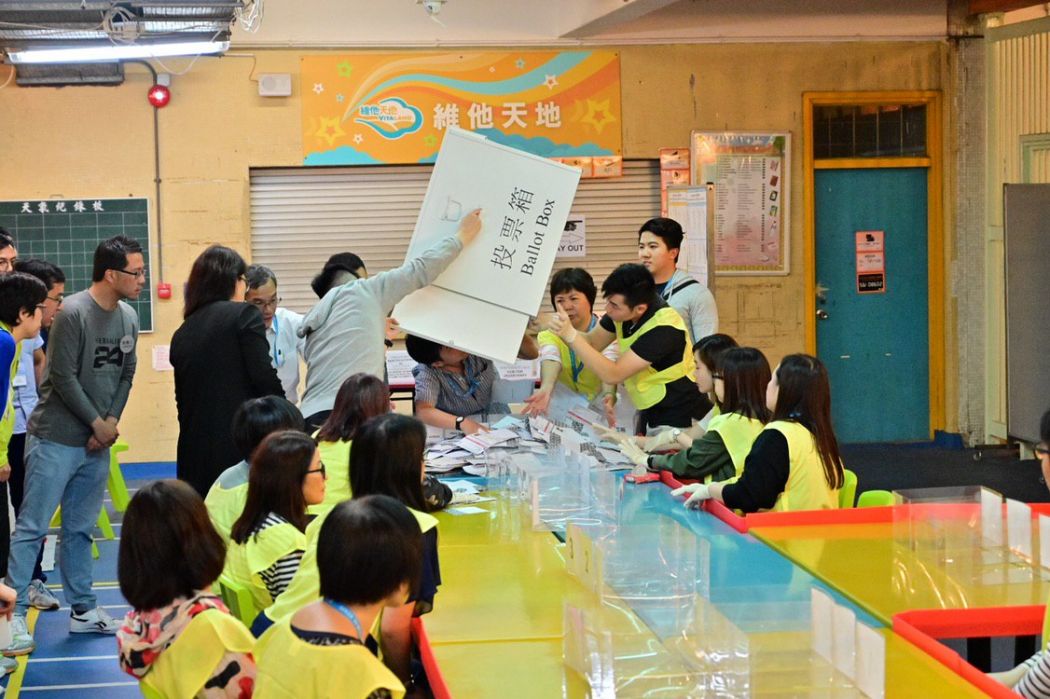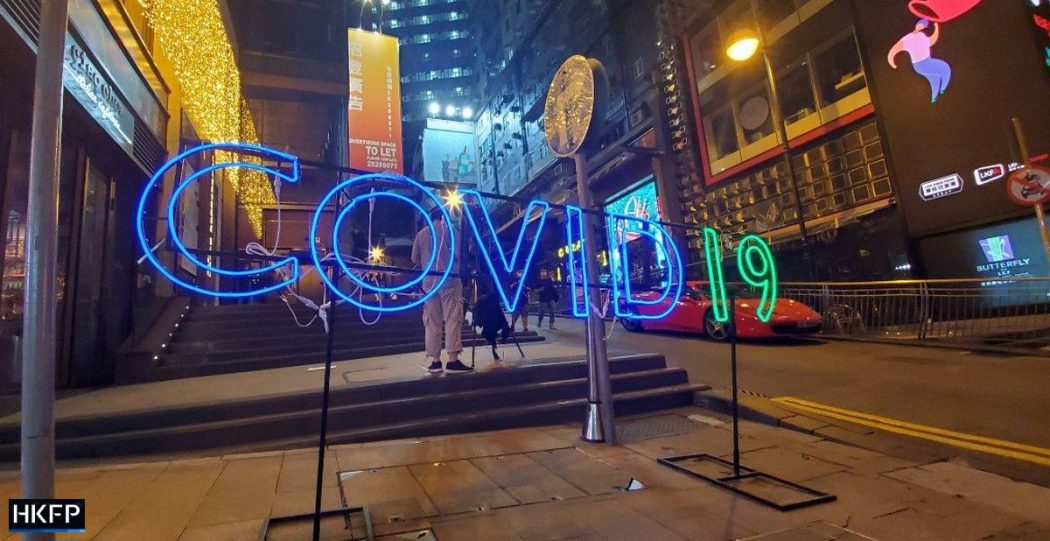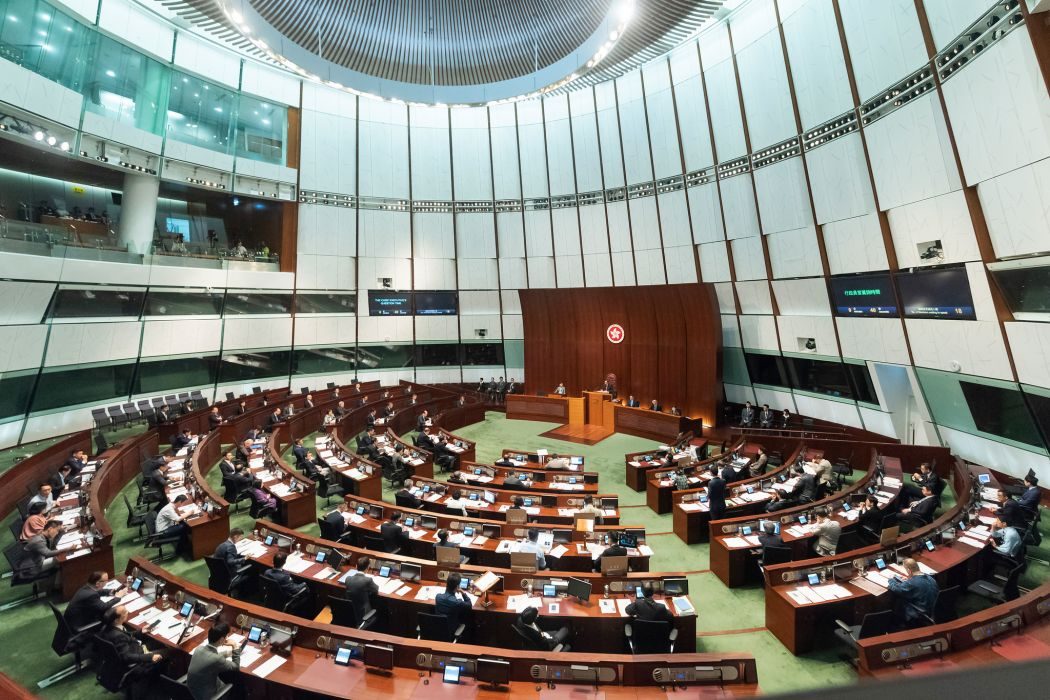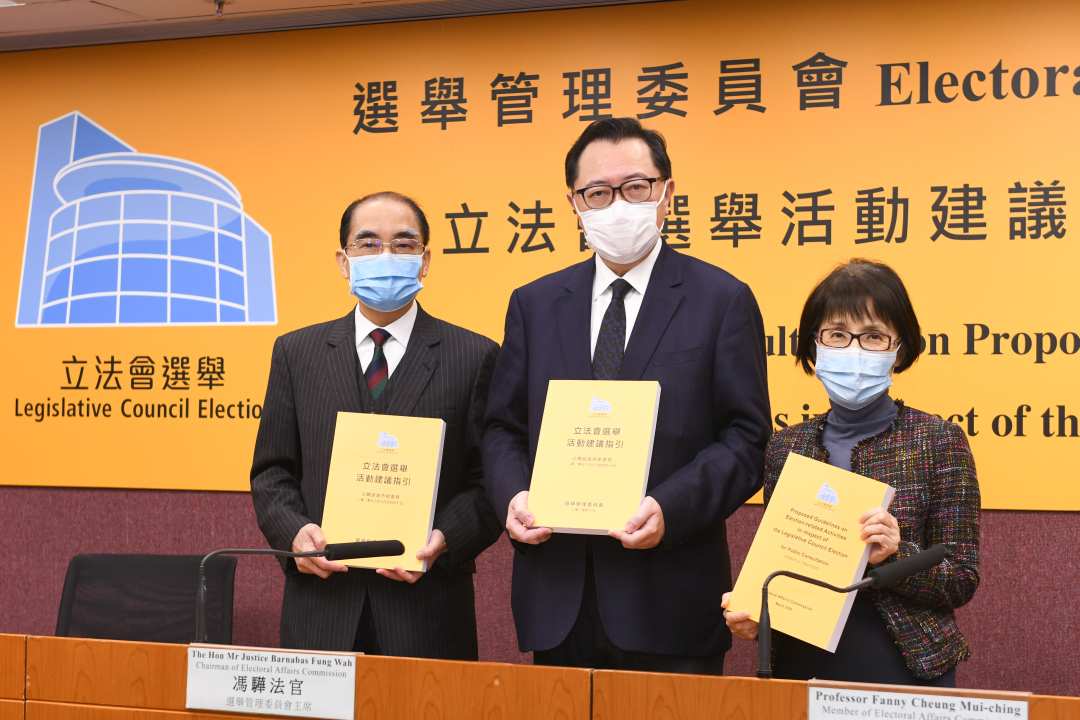by Kenneth Ka-Lok Chan
While the world is battling the Covid-19 pandemic, Beijing has taken aim at Hong Kong’s autonomy and its liberal foundations. In recent weeks, the regime and its representatives in the city have intensified their attack on the pro-democracy movement.
Mainland officials in Hong Kong now claim to exercise “supervisory” powers over the city’s affairs, though such powers are not provided anywhere according to law. For their part, the police have orchestrated the arrest of Martin Lee and other prominent veteran leaders.

Knowing Hong Kong people, there will be pushbacks against these abrasive acts. Following the landslide victory for the democrats at the District Council Election last November, all sides are gearing up for another fierce contest over the more powerful 70-seat legislature, which is partly elected by universal suffrage. The democrats’ target is “35+,” or more than half of the seats.
At this critical juncture, however, there are growing anxieties about covert and overt forms of electoral manipulation before the Legislative Council (LegCo) Election, which is widely expected to take place on September 6 this year.
The government has yet to fix the election date as the law requires. Officials explain that the indecision is caused by Covid-19, adding that they will assess the situation before fixing the election date. One pro-Beijing lawmaker has publicly urged the government to consider postponing the election.

Article 69 of the Basic Law stipulates that the term of office of the LegCo shall be four years. Because the current term of the LegCo will end in September 2020, if the election cannot go ahead in time, the resultant institutional void will then pave the way for a Provisional Legislative Council appointed by Beijing, which will enact draconian national security legislation as instructed.
According to the International Institute for Democracy and Electoral Assistance (IDEA), elections in at least 51 countries and territories have been postponed due to COVID-19, while at least 20 countries and territories have decided to hold elections as originally planned.
The unprecedented situation can be exploited by autocrats and opportunists to suspend democratic elections, but it can also be turned into a window of opportunity for emboldening democracy and promoting civic activism, enabling citizens to play a part in concerted prevention and mitigation efforts during the electoral process.

Israel and South Korea have shown the rest of the world how to do safe elections. There were understandable concerns that most of the conventional electoral activities and consequently the turnout of the election would be adversely affected by social distancing, self-isolation, mandatory quarantine and restrictions on gatherings.
But the multiple challenges were not insurmountable. The electoral management bodies in both countries acted on the basis of the medical advice obtained to put in place a series of special voting arrangements while upholding electoral integrity.
The Israeli Knesset Election on March 2 introduced measures to mitigate the health risks and recorded a 71.5% turnout. South Korea held its 21st National Assembly Elections on April 15 with a record turnout of 66%.
While waiting for the Government to confirm the polling day, the Electoral Affairs Commission (EAC) has recently said that some 30,000 civil servants would be employed to run about 600 polling and counting stations for the September election.

The EAC, which is the statutory body set up to manage elections in Hong Kong, has yet to introduce measures to mitigate the health risks at the polling and counting stations or to issue clear guidelines for electoral activities. There is much to do to provide a safer environment for voters, candidates and the election staff.
To start with, we could increase the number of polling and counting stations. Hong Kong has a small number of polling stations when compared with other jurisdictions. In the 2016 LegCo Election, there were a mere 571 stations for 3.8 million voters. And recently, in the District Council Election in November 2019 where all 452 seats were contested, there were only 615 stations for more than 4 million voters.
Can the EAC make use of unoccupied shop floors in shopping arcades, in addition to schools, sports facilities and playgrounds which were not normally available for the September elections, to increase the number of polling and counting stations in order to reduce the queuing and the gathering of large numbers of people at each location?
Special arrangements must be made to enable COVID-19 patients and those under mandatory quarantine to cast the ballot in person if they wish to.

Moreover, a Code of Conduct for Voters, Candidates, and Staff to enforce public hygiene measures is imperative. Every aspect of the polling facilities and the premises must follow strict procedures for disinfection and sanitisation, and the public must be kept well-informed throughout the planning process so we understand the rationale for any changes made to voting and counting procedures.
Live streaming of the opening and the closing of stations, the handling of ballot boxes, and the counting at each station should help to enhance transparency and reinforce accountability.
On the polling day, the public would benefit from real-time sharing of election-related data and information about decisions with respect to unanticipated situations.
Innovative ideas and special arrangements, if to be taken seriously, must strengthen, not weaken, public confidence in the honesty and integrity of the election. In Hong Kong, there is no viable alternative to in-person voting because electronic voting, absentee ballots or postal ballots are not allowed under the law.
There have been long-drawn-out discussions about alternative methods of voting over the years, but issues about ballot security, malpractice, fraud and manipulation remain.

Time should not be wasted on debating alternative methods of voting where consensus is not forthcoming. The on-going flip-flop about the Polish Presidential election is a case in point; the government’s plan to rush for a full postal ballot system for the first round on May 10 meets neither legal requirements nor international standards.
As a global city, Hong Kong can show the world how to hold a safe, in-person election. But the problem is Beijing may not agree to holding the election at all.
In any event, attempts to drive the democratic opposition into the political wilderness by manipulating the LegCo election and oppressing civil liberties will draw more, not less, international criticism. Political opportunism can only backfire.
Kenneth Chan, D.Phil. (Oxon), is a former lawmaker and associate professor at the Department of Government & International Studies at Hong Kong Baptist University. In September 2019, he initiated the Election Observation Project which scrutinizes electoral integrity in Hong Kong and promotes international norms and standards for free and fair elections.
